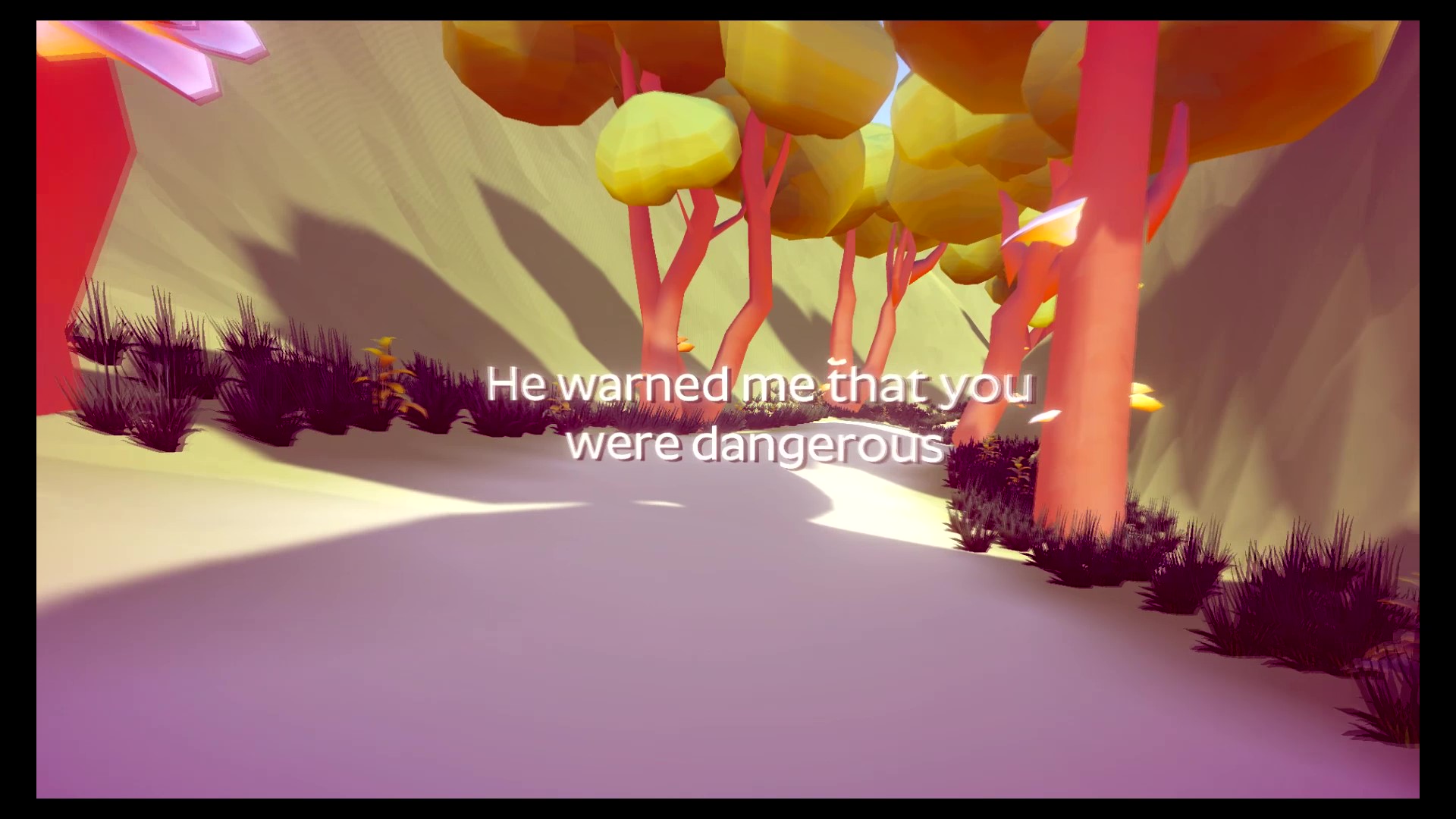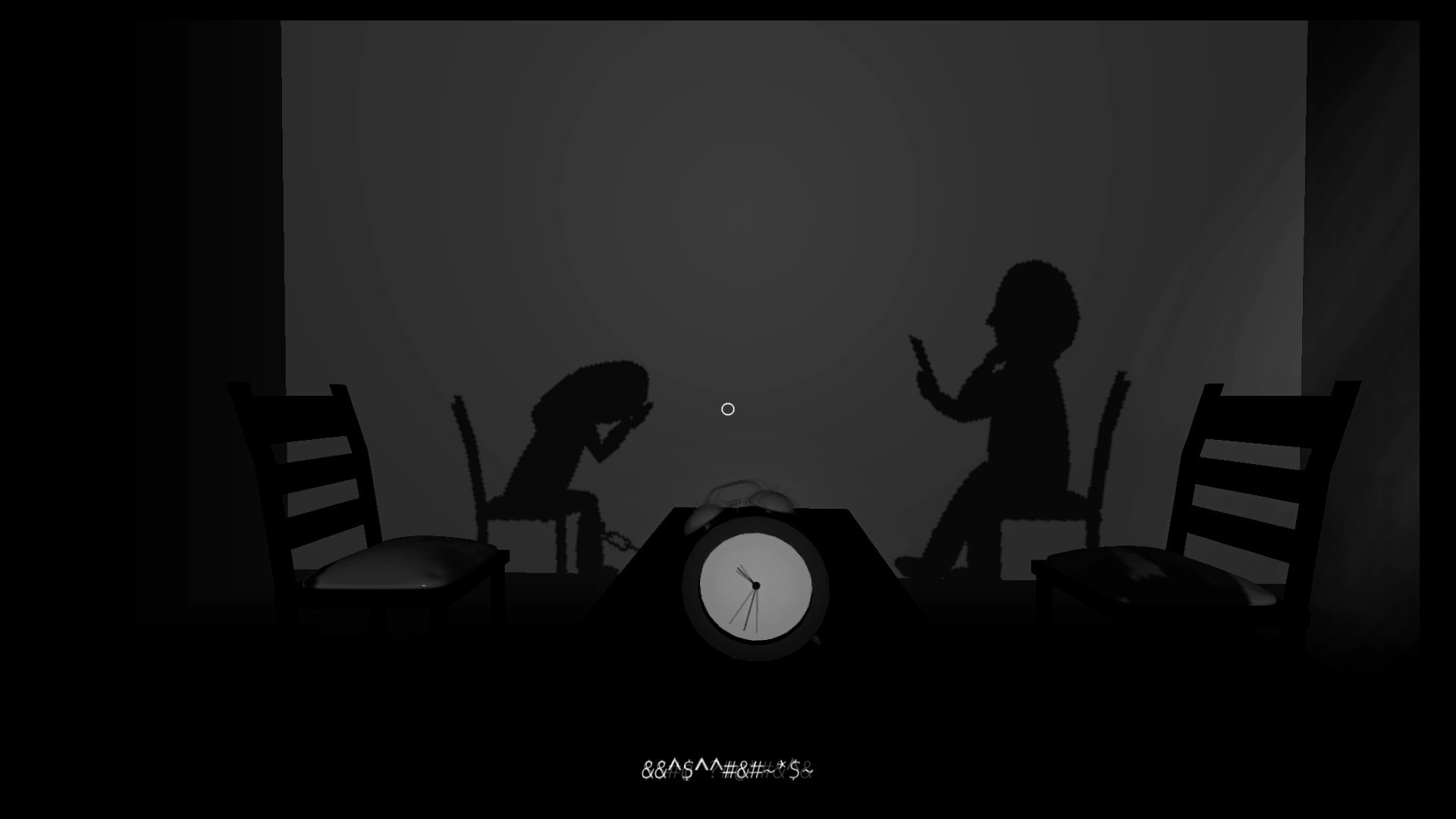To Validate and Vilify
Both this video and my walkthrough of Fractured Minds have felt like progress, even more than my “I Can Do It Better” series. My commentary has more focus, and I don’t feel the pressure to crack jokes. I have experimented more with video editing, even if all that I have done is add shadows to text and make transitions a little smoother.
My current dilemma relates to how I critique these video games which focus on mental health. Both Drowning and Fractured Minds don’t function well as traditional video games, and I was particularly ruthless in my review of Drowning. Polygonal Wolf and Emily Mitchell delivered very important messages, and I cannot emphasize enough how relevant their stories are as we raise awareness of mental illness. They serve as great discussion topics.
They’re also bad games. I would technically recommend Think of the Children over these two. That’s a damning statement.
“Important message” and “bad game” don’t usually mix in the same review. It creates confusing criticism. I’m essentially presenting a trophy to these developers and then shitting all over it. At the podium. In front of their family and friends.
You get the point. It feels cruel.
As with many dilemmas, I question how I would want others to treat my work. Back in college, I wrote a series of poems for a class, most addressing some form of my own struggles with mental illness. As an aspiring writer, I obviously wanted my peers and teachers to praise my work and offer their opinions. I think I also hoped someone would recognize the pain I had experienced and had said, “Wow, that’s tough. Thanks for sharing that.”
So, Polygonal Wolf and Emily Mitchell, I critique your work, and I hope I am not too petty or catty. I hope that I perhaps gave some constructive feedback. I also genuinely appreciate what you both have shared. I can only imagine your experiences have been tough, if your games are any indication of what you have been through. Thank you for sharing these stories with the world. That takes guts, and you should be proud of yourselves.
Now, I don’t suggest you take the trophy home. I made it a bit filthy.


